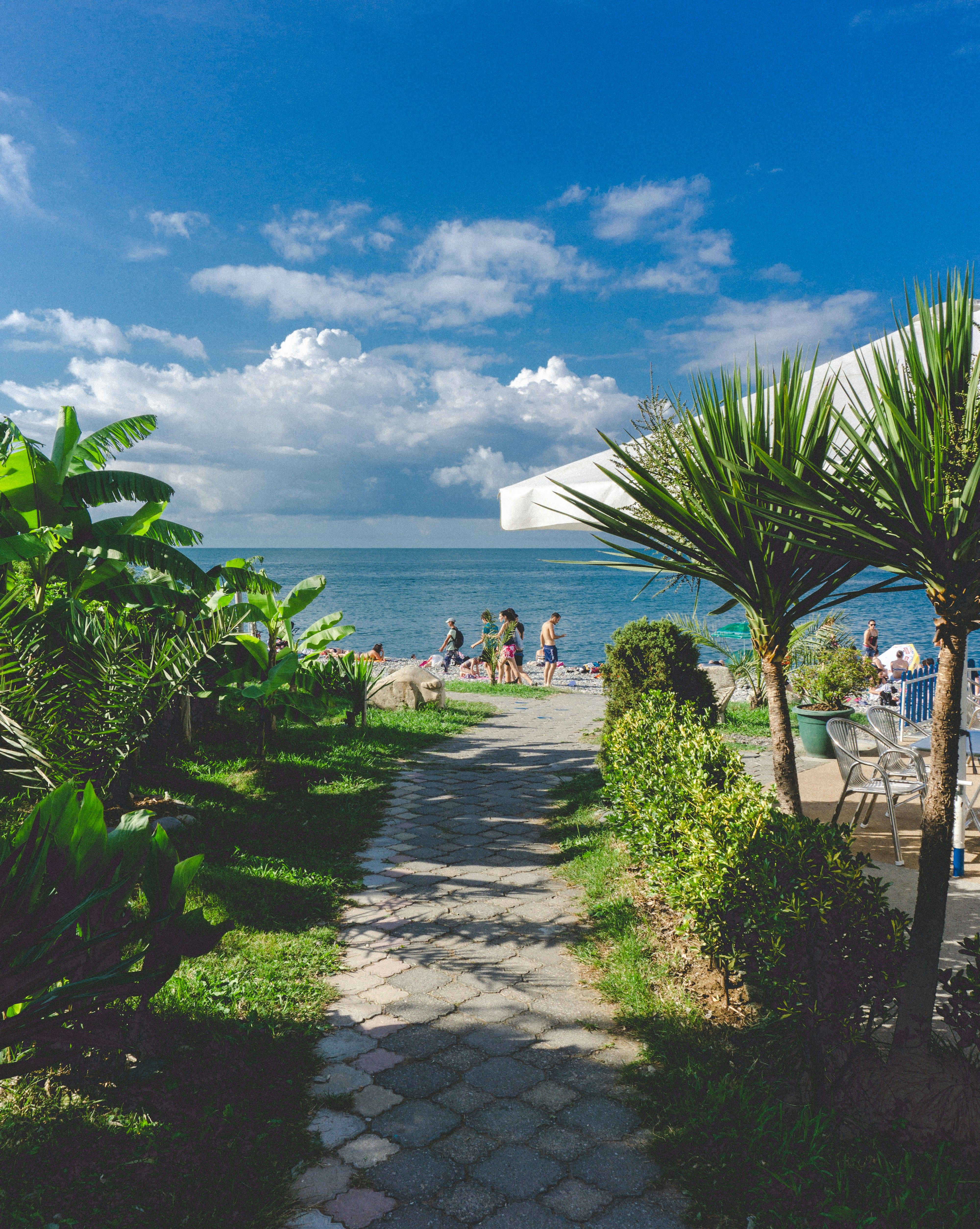European campaign underscores off-field difficulties for Inter Milan's owner, Oaktree
In a striking turn of events, perennial Italian football powerhouse Inter Milan finds itself on the precipice of triumph in the esteemed Champions League tournament, its American creditors Oaktree Capital firmly in control. On Saturday evening, the club will square off against Paris Saint-Germain in the Champions League final, vying for European football's highest honors.
Oaktree Capital seized Inter Milan in 2024 when the team's previous owner, Chinese retail giant Suning, defaulted on a €400 million loan tied to its majority stake in the club, which was reportedly valued at approximately €1 billion at the time. Some critics questioned Oaktree's ability to navigate the turbulent landscape of Italian football, given their focus on distressed debt recovery.
"Oaktree did well to seize control on a low-cost basis," commented the owner of a competing European football club. Yet, they have faced skepticism from several quarters due to their unfamiliarity with the complexities of football, media rights, and stadium management.
Investment firms have increasingly turned their attention to European football in recent years, pouring money into the industry. Nevertheless, Oaktree's foray into sports was a first, leaving some pundits questioning the firm's suitability for the role.
One senior executive at another European club likened Oaktree's understanding of the sport to a "blank slate." Largely described as naïve and overconfident, the firm initially faced expectations of an immediate sell-off. However, against the odds, Oaktree's tenure at Inter Milan has proven more resilient than many had anticipated.
Inter Milan shares a fascinating parallel with its city rival, AC Milan, as both clubs have been taken over by US investors. In 2018, AC Milan was seized by the US hedge fund Elliott Management after its Chinese owner defaulted on a €300 million loan. Elliott revitalized the club both on and off the pitch, eventually selling it in 2021 to Gerry Cardinale's RedBird Capital Partners for €1.2 billion.
Unlike Elliott, Oaktree inherited a team that was enjoying considerable success on the field when they took control in 2024. Inter held the Italian championship crown shortly before the Oaktree takeover and had previously contended for the Champions League crown a year earlier. Despite this, the club has long grappled with financial instability, marked by persistent losses and high debt.
Oaktree commenced a 100-day plan following their acquisition but is reportedly behind schedule, according to sources familiar with the situation. Nevertheless, their vision for strengthening Inter Milan's financial and operational stability remains unchanged.
Since their takeover, the Oaktree-led Inter Milan has sought to change the people and attitudes within the club. Last June, they introduced a new board, complete with multiple Oaktree representatives, and appointed former director Giuseppe Marotta as president and CEO. The executive team has been working to maximize revenues by renegotiating existing contracts, securing new commercial partnerships, and identifying growth opportunities. The club's commercial income last season amounted to €112 million, less than a third of PSG's.
To build a sustainable future for the club, Oaktree plans to invest the financial windfall from reaching the Champions League final in youth teams, the women's squad, and upgraded pitches. The American investors must also address the aging Inter Milan squad, with an average age of nearly 30, and confront past disappointments such as losing the Italian Supercoppa final to AC Milan earlier this season and finishing the Serie A championship as runners-up behind Napoli.
A more distant but crucial challenge lies in overcoming the obstacles associated with modernizing Inter Milan's iconic San Siro stadium, which has long been in need of an upgrade. Given Oaktree's focus on financial discipline, any stadium project would likely need to align with sustainable investment principles.
Inter and AC Milan have reportedly considered building separate venues outside the city limits. However, the prospect of a joint stadium project, which may offer significant benefits for both clubs, remains within reach according to Gerry Cardinale, who bid on Inter Milan during Oaktree's ownership.
Howard Marks, co-founder of Oaktree Capital, and Alejandro Cano, its co-head of Europe, are expected to attend the Champions League final in Munich's Allianz Arena. Overcoming PSG would bring the glory of European champions and a €25 million prize. Despite PSG's double the revenues of Inter last season, team executives have rejected the underdog label, asserting they have earned their place in the final on merit.
- Oaktree Capital's investment in Inter Milan, a prominent football club, marks their first foray into sports, raising questions about their suitability for navigating the complexities of the industry.
- The financial stabilization of Inter Milan, previously marked by persistent losses and high debt, has been a key focus for Oaktree Capital, justified by their 100-day plan and subsequent changes to the club's management and operations.
- To secure a sustainable future for Inter Milan, Oaktree Capital plans to invest the potential financial windfall from the Champions League final in youth teams, the women's squad, and upgraded facilities, while addressing aging players and past disappointments.
- The modernization of Inter Milan's San Siro stadium, long in need of an upgrade, presents a significant challenge for Oaktree Capital, given their focus on financial discipline and adherence to sustainable investment principles.
- The potential construction of a joint stadium project, offering benefits for both Inter Milan and its city rival AC Milan, remains a possibility, according to Gerry Cardinale, who has expressed interest in such a venture.




